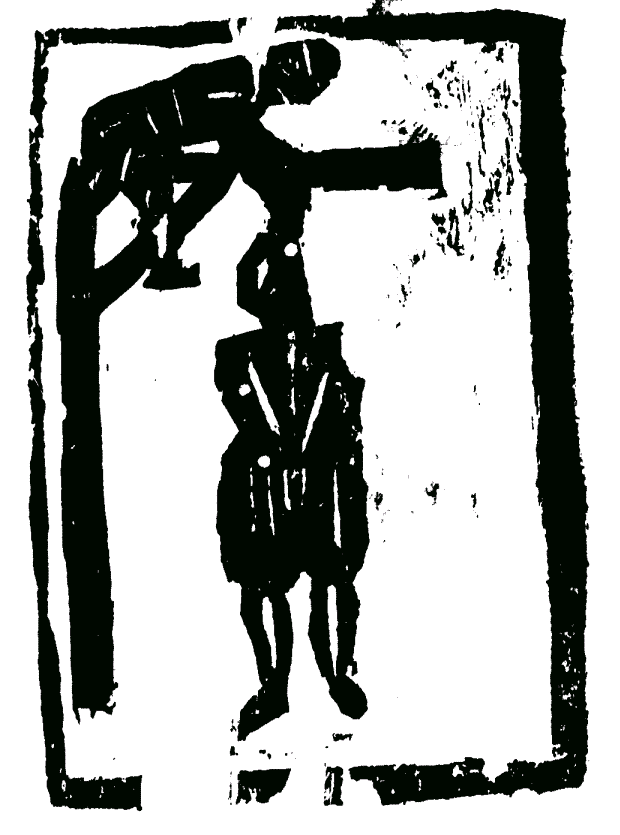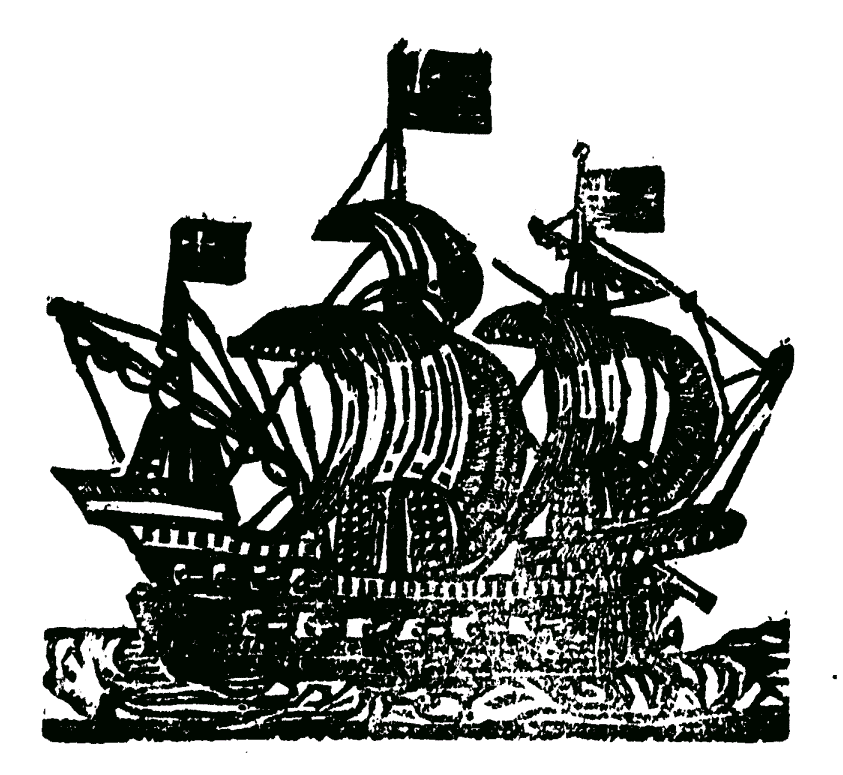


|
The Campden Wonder |

|
||
| "Time, the great Discoverer of Truth, shall bring to Light this dark and mysterious Business" | ||||
|
|
|
|
|
|
Overbury's account has gone through numerous imprints over the years. The publication details given here are simply those of the edition reproduced by Clark in his book.
What credence can be given to this strange, and, at first sight, unlikely tale? Well, upon investigation, nothing can be found to actively disprove it. The various details that Harrison gives are consistent.
For example, Harrison mentions that he is employed by his master in Smyrna to gather cotton wool and to arrange its transportation, and, as can be seen from the quotations below, Turkish merchants did indeed carry on a trade in cotton wool between Smyrna and the rest of the world, including England.
"The town of Manchester...buy(s) cotton wool in London, that comes first from Cyprus and Smyrna, and at home worke the same, and perfect it into fustians, vermillions, dimities, and other such stuffes, and then return it to London, where the same is vented and sold, and not seldom sent into forrain parts..."
(Lewes
Roberts, The Treasure of Traffic,1641, pp32-33)
"For about twenty years divers people in this
kingdom, but chiefly in
the county of Lancaster, have found out the trade of making fustians out
of a kind of down, being a fruit of the earth growing on little bushes, or
shrubs brought into this kingdom by the Turkey merchants from Smyrna, Cyprus,
etc., but commonly called cotton wool and also of linen yarn, and not part of
the same fustians of any wool at all.
There is at least 40,000 pieces of fustian of this kind yearly made in
England, and thousands of people set on working of these fustians"
(Petition to Parliament on behalf of wool traders, 1621, quoted in M. Crawford "The Heritage of Cotton" 1948, p92).
Harrison mentions that during the attack on him, one of his assailants grabbed him by the collar of his doublet. This could be the point at which the "band" later found in the road fell to the ground. According to Overbury, the "hat, band and comb" were found on the road between Ebrington and Campden by a "great furze-brake" (a large bank of gorse bushes). Harrison claims that he was attacked
The same could be said about the amount of money Harrison collected. According to Overbury, Plaisterer paid Harrison £23. Harrison states that he received only £23 that day. Does this consistency suggest that Harrison could be telling the truth, or is it all a little too neat?
| Item | Commentary |
| Leesing | Gleaning, gathering waste grain from the fields after wheat has been harvested. |
| Band | Probably a collar band. |
| Furze | Gorse or whin, a bushy plant that grows in high, exposed places. |
| Furze-brake | A bank of gorse bushes. |